Currently, although the league is still in the offseason, the TaiShan team has once again become a focus of attention. The issue of whether the team's head coach Choi Kang-hee will stay or leave has not been resolved. Although Choi Kang-hee previously announced in South Korea that he had terminated his contract, the relevant person in charge of the TaiShan team also refuted the rumors, and the "tug-of-war" between the two sides continues.

With the end of the team's vacation and the upcoming winter training for the players, the TaiShan team urgently needs to resolve the issue of the head coach. This undoubtedly adds another layer of mystery to the already turbulent TaiShan team.
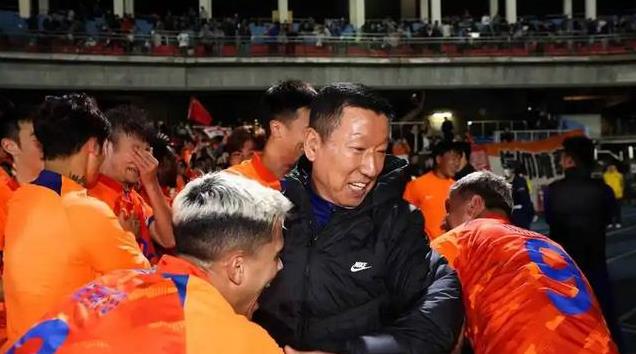
The intensifying contradictions between Choi Kang-hee and the TaiShan team are like the silent accumulation before a volcanic eruption, which eventually erupted completely. The club deprived Choi Kang-hee of the decision-making power in player recruitment, which was undoubtedly the last straw that broke the camel's back. After all, a coach's tactical philosophy largely relies on suitable players to implement it.

Losing the autonomy in player recruitment means that Choi Kang-hee's tactical ideas may not be implemented, which is a fatal blow to a coach who excels in tactics. It's like an artist without paint and canvas, how can they create a masterpiece that amazes the world? Furthermore, this directly affects the team's performance, and in the long run, it will directly affect the reputation of the club and the coach himself. Therefore, the intensification of contradictions and the eventual rupture between the two sides seem not entirely unexpected.
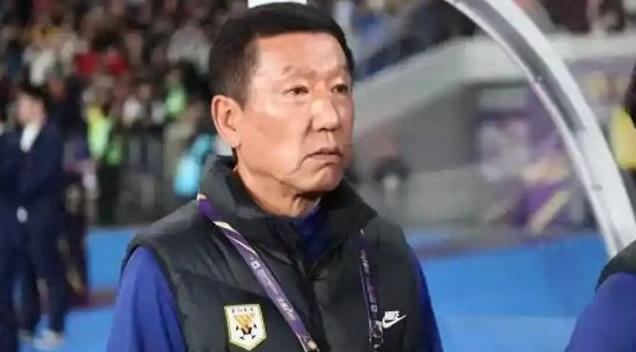
Milojevic: A former Yugoslav coach, the beacon of hope for the TaiShan team?
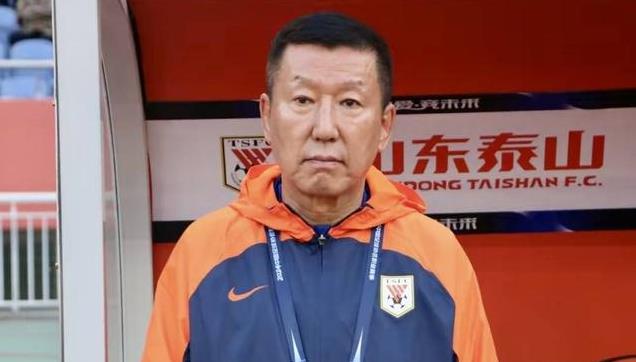
Serbian media revealed that Milojevic has become a hot candidate for the new season's head coach of the TaiShan team, which undoubtedly injected a strong dose of adrenaline into TaiShan fans. The 54-year-old Serbian coach is known for his outstanding coaching ability and the cultivation of young players. He emphasizes tactical execution and teamwork, which coincides with the TaiShan team's tradition of focusing on overall cooperation over the years.

More importantly, Milojevic's flexible and changeable tactical system can both attack and defend, which is crucial for a team aiming to win championships. He is adept at using the offensive formation of 4-2-3-1 and the defensive formation of 5-3-2, flexibly switching according to the opponent's situation. This "offensive and defensive" tactical style is exactly what the TaiShan team needs to improve its stability.

The glorious tradition of former Yugoslav coaches: the "lucky code" of the TaiShan team?
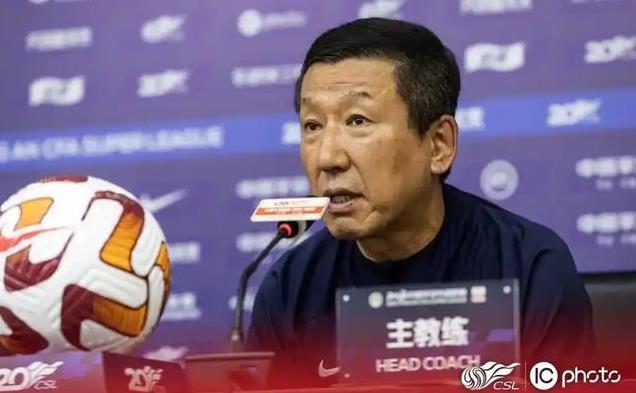
The history of the TaiShan team is closely linked with coaches from the former Yugoslavia. Names such as Santic, Tumbakovic, and Ivankovic are engraved in the glorious annals of the TaiShan team. They not only brought tactical innovations but more importantly, they deeply integrated the rigor, pragmatism, and the concept of cultivating young players of the former Yugoslav coaches into the blood of the TaiShan team.
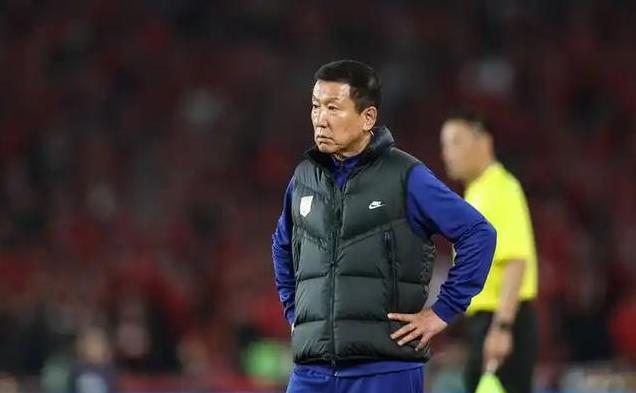
These coaches were not simply "leading the team to play games," but rather "teaching, imparting knowledge, and resolving doubts," laying a solid foundation for the TaiShan team and shaping a unique team culture. Therefore, choosing Milojevic is not just about choosing an experienced coach, but also about continuing the successful genes of the TaiShan team, which is undoubtedly the result that the club and fans expect to see.
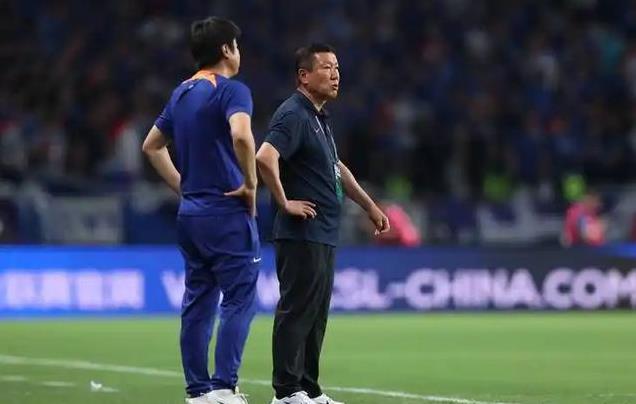
After all, the growth of young players is the key to maintaining the long-term competitiveness of the team. Whether Milojevic can lead the TaiShan team to regain its glory not only concerns the fate of the team itself but also the future of Chinese football. Fans are eagerly awaiting and looking forward to the wonderful performance in the new season.

Deeper reflection: The future path of Chinese football?

The dispute over the head coach of the TaiShan team is not just a simple change of coaches; it reflects the problems existing in the cultivation and introduction of coaches in Chinese football. We can't help but ask: Why has Chinese football long relied on foreign coaches in terms of coaching? This is due to reasons such as the lack of experience of local coaches and the influence of deeper factors such as football culture and management systems.
The arrival of Milojevic may bring some enlightenment to Chinese football, helping us better cultivate and use local coaches and ultimately achieve independent development of Chinese football. In the future, Chinese football needs more excellent coaches like Milojevic and more paths that focus on youth training and the cultivation of local coaches.
Conclusion: Hope and challenges coexist
This coach selection is not only about the fate of a team but also about the future direction of Chinese football. Let's wait and see if Milojevic can continue the legend of former Yugoslav coaches in the TaiShan team. This will be another exciting season, let's witness it together!